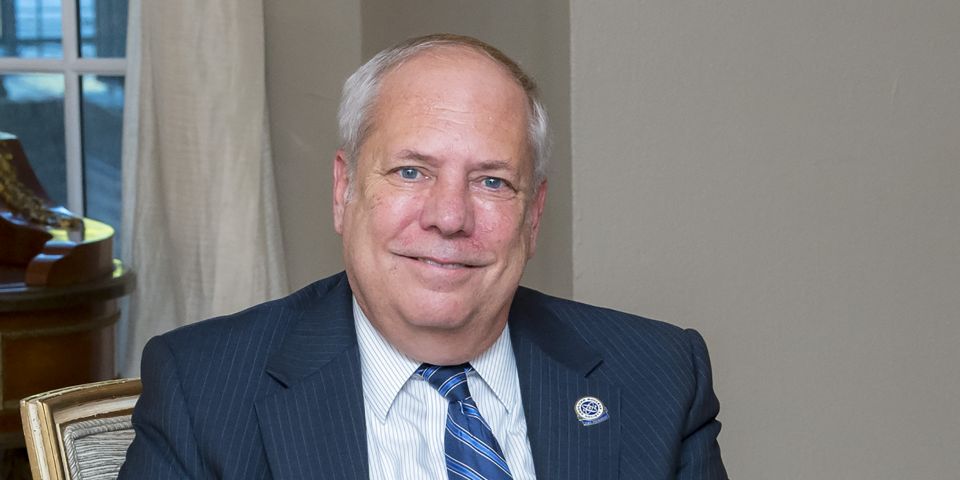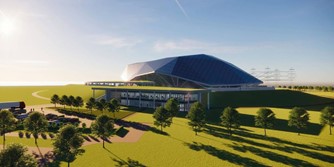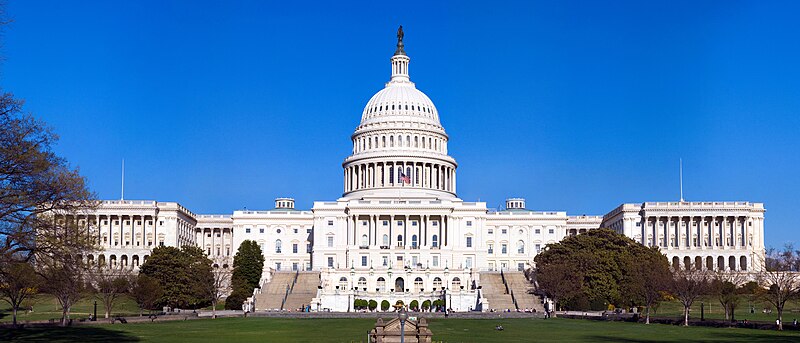Ghana, U.S. partner to deploy NuScale SMR
U.S. and African officials announced from a nuclear energy summit last week a new partnership between Nuclear Power Ghana and Regnum Technology Group, an American small modular reactor developer using NuScale Power’s design.
Officials applauding the collaboration called it “a cornerstone of Ghana’s efforts to enhance its energy infrastructure and lead the way on SMR deployments in the region,” a news release from the U.S. State Department said.
Ghana and other nations worldwide are looking at SMRs to help promote climate-friendly solutions for increasing energy demands. Currently Ghana relies on gas power for 50 percent of its electricity.
NuScale’s SMR uses advanced light water technology and can be scaled to size. Each unit generates 60 megawatts, and the plant can hold up to 12 modules.
Quotable: “NuScale Power extends congratulations to the U.S. and Ghanaian governments and Regnum Technology Group on this significant step toward providing Ghana with clean and reliable baseload power, advancing the clean energy transition and leading in the deployment of small modular reactors in Africa,” company officials said in statement.
A closer look: The NPG-Regnum agreement builds on existing U.S.-Ghana civil nuclear cooperation.
A year ago, the U.S. Embassy in Ghana announced $1.75 million to support an SMR regional training hub and center of excellence for the sub-Saharan African region. That project is backed by the Foundational Infrastructure for Responsible Use of Small Modular Reactor Technology (FIRST) program, in which Ghana has participated since 2022. Through the FIRST program, the U.S. is providing support for stakeholder engagement, advanced technical collaboration, project evaluation, and planning.
The FIRST program will assist this new venture by providing a NuScale Energy Exploration Center, which includes an SMR control room simulator, to serve as a regional training center for nuclear power technicians and operators. FIRST is also creating a welding certification program to support jobs and supply chain development.
“Through this dedicated workforce development focus, Ghana will be positioned to establish a skilled nuclear workforce consistent with the highest international standards of nuclear safety, security, and nonproliferation,” the State Department said.
Partnership: The U.S. Nuclear Regulatory Commission and Ghanaian Nuclear Regulatory Authority have worked together for years to establish nuclear safety and regulations.
“We have worked closely with Ghana’s NRA as it develops a technically competent, independent regulatory program in preparation of overseeing commercial nuclear power in Ghana,” NRC chair Christopher Hanson said last summer, when the two organizations reaffirmed their commitment to cooperation. “Establishing a strong and transparent regulatory framework based on high safety standards is a critical step toward the adoption of nuclear technologies. We have a long-standing partnership with Ghana’s regulator, and we welcome our continued collaboration as NRA progresses in establishing a regulatory structure.”
Ghana’s NRA director general Nii Kwashie Allotey agreed: “We greatly value the NRC’s expertise as we seek to develop Ghana’s own strong, independent regulatory oversight program. International partnerships such as this provide a solid foundation for the NRA’s oversight programs, which will protect people and the environment and align with international standards and obligations.”
The U.S. and Ghana have a 123 Agreement, which is a congressional-executive agreement that establishes the legal framework for the two countries to work together on civilian nuclear projects.







